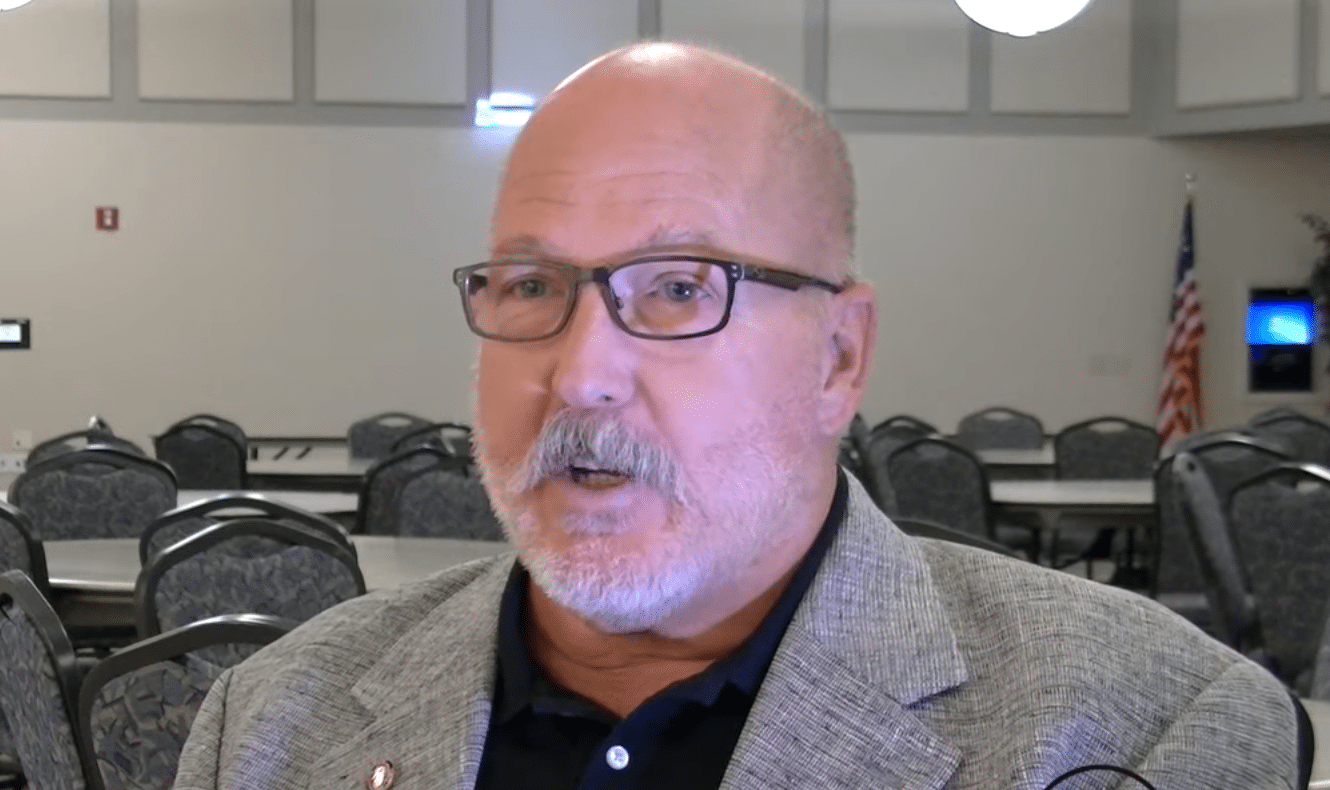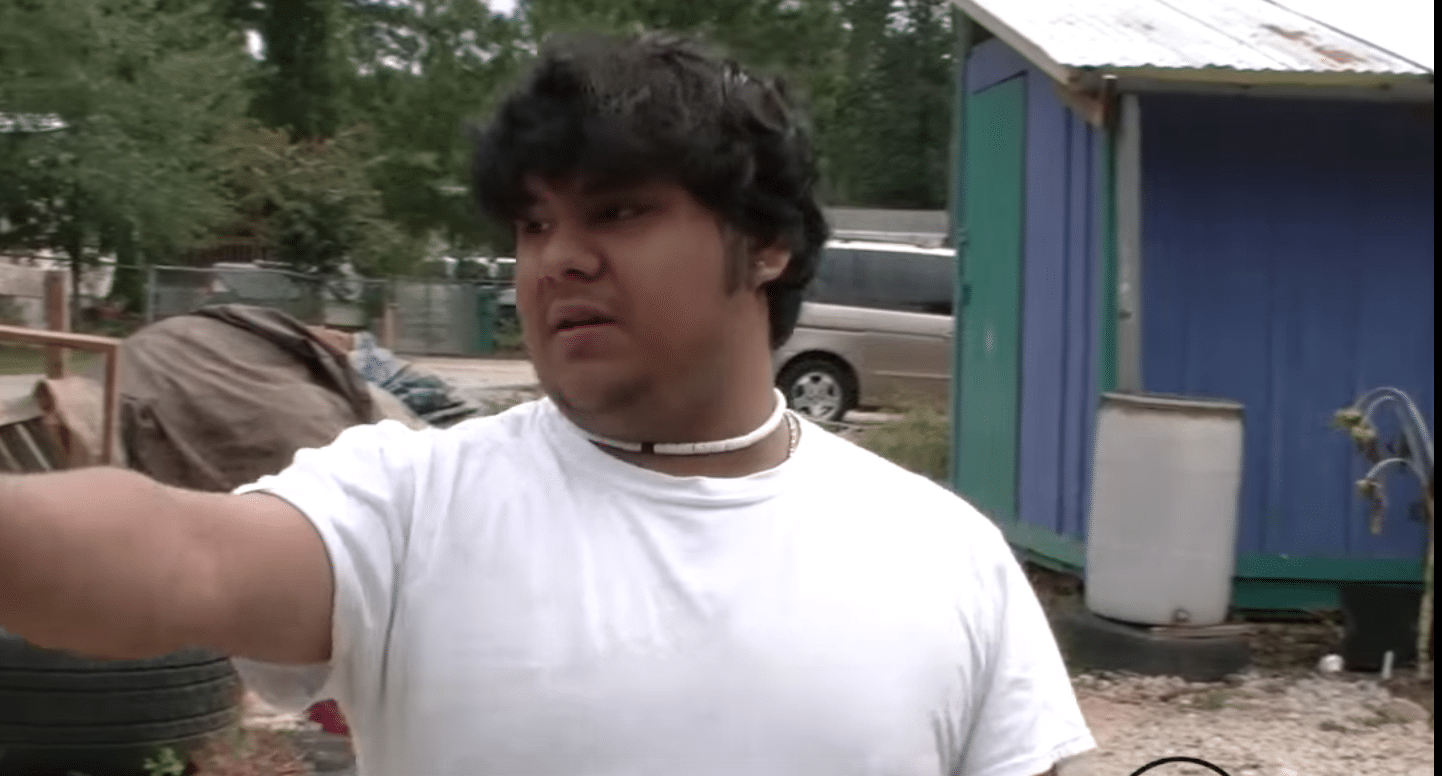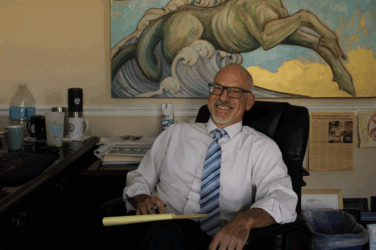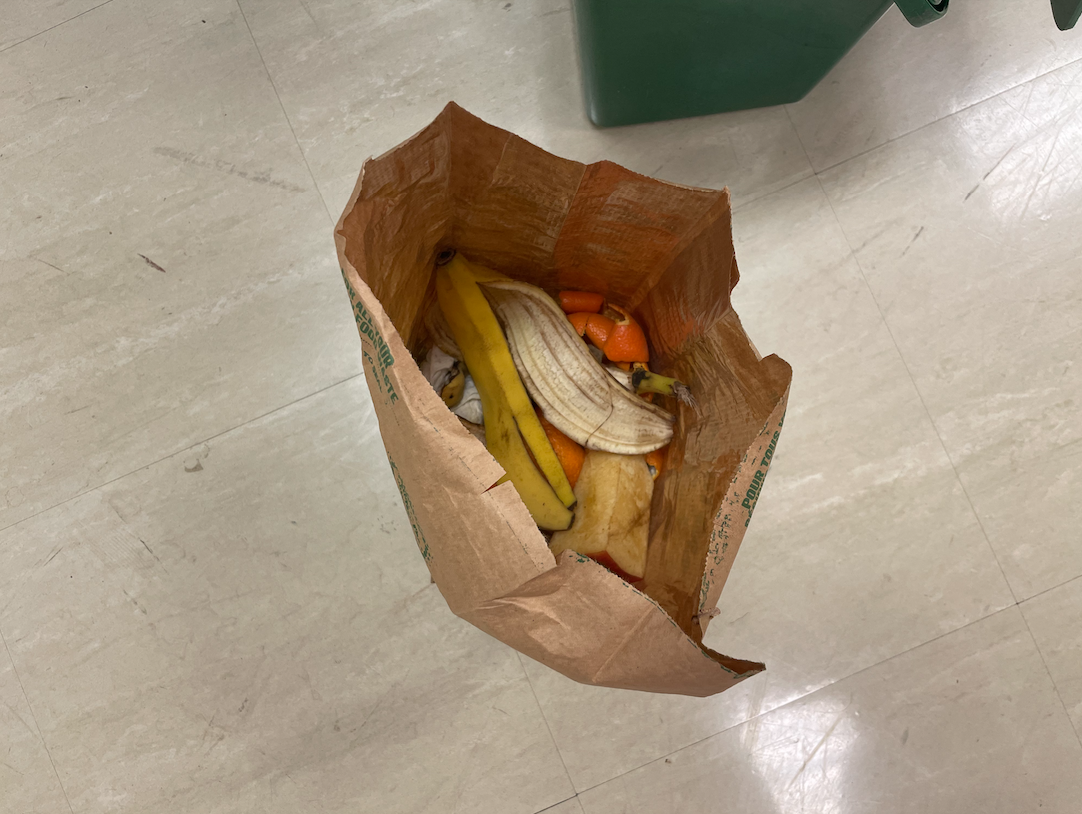By Dillon Richards
ATLANTA — The Georgia Supreme Court announced Friday afternoon that it will issue its opinion on the case about the University System of Georgia’s ban on undocumented students at its top schools Monday morning.
Aldo Mendoza, who was featured in a Grady Newsource report last October and is undocumented himself, said he is looking forward to the ruling.
“I believe they will do the right thing,” he said.
But, he said he knows it’s possible the Court could rule the other way.
“I am nervous as they will deny it and because of that thousands of students will suffer,” he said.
Charles Kuck, the attorney representing the students, said that no matter how the Court rules Monday, he will continue to fight.
“We’d love to have a positive response, but we’re prepared for both,” he said Friday, adding that he is planning other action in federal and state court either way.
REACTION
A Board of Regents spokesman told Grady Newsource in an email Friday afternoon that the Board does “not have a comment at this time.”

D.A. King, a fierce proponent of the ban and an activist against illegal immigration, said he feels confident that the Court will rule in favor of the Board.
“My hope is that logic will prevail and the illegal aliens will lose,” he said.
He said he believes the students are not eligible for in-state tuition or admittance to the schools the ban applies to, and that they have no standing to sue the state.
“I predict they will lose, and I have hopes they will lose,” he said.
He says that to allow undocumented students to attend Georgia public universities is unfair to families who immigrated to the United States legally.
The University of Georgia, Georgia Tech and three other schools currently ban students in the country illegally from applying. All other public universities are not allowed to grant in-state tuition to students in the country illegally who would otherwise be eligible.
Oralia Mendoza, Aldo Mendoza’s mother, said the lawsuit could change her family’s life.
“For me it would be very different. It would really change things for [my son], but for us too,” she said.
The younger Mendoza goes to the University of North Georgia, where he pays out-of-state tuition even though he has lived in Georgia since elementary school.
He is banned from UGA because he is in the U.S. illegally, and he said he thinks the state is missing out by banning students.
“If makes me feel sad for them because you have a large population of Latino immigrants, an untapped resource who are really smart and really want to go to college, but unfortunately they can’t,” he said.
Former state Senator Seth Harp co-sponsored the original bill that denied in-state tuition to undocumented students. He said he thinks people should become citizens first, and then apply for college.
“First of all, we need to educate our citizens,” he said. “Not illegal aliens.”
He also said he doesn’t think the state has the money to educate undocumented students, especially not at a discounted in-state tuition rate.
BACKGROUND
The lawsuit itself focuses on the difference between the words “lawful presence” and “lawful status.” The policy says that applicants must be “lawfully present” in the US to go to schools like UGA. The Department of Homeland Security says that students like Mendoza, who apply every two years to have their deportation delayed through a program called “Deferred Action for Childhood Arrivals” (DACA), are not unlawfully present.
But, the Board released a memo saying they wouldn’t count DACA as lawful presence for admissions.
The ban applies to UGA, Georgia Tech, Georgia College & State University, Georgia State and the newly-renamed Augusta University.
Laws about admission to public universities differ greatly around the country.
In Alabama and South Carolina, undocumented students are banned from all public universities. Georgia is the only state in the country that bans students from some of its universities, but not others.
In some states, undocumented students can apply for scholarships and discounted tuition.
No matter how the Court rules Monday, Mendoza says he knows the issue is far from settled.
“I am excited, but I can not get too excited,” he said. “As they say, ‘It ain’t over till the fat lady sings.’”








